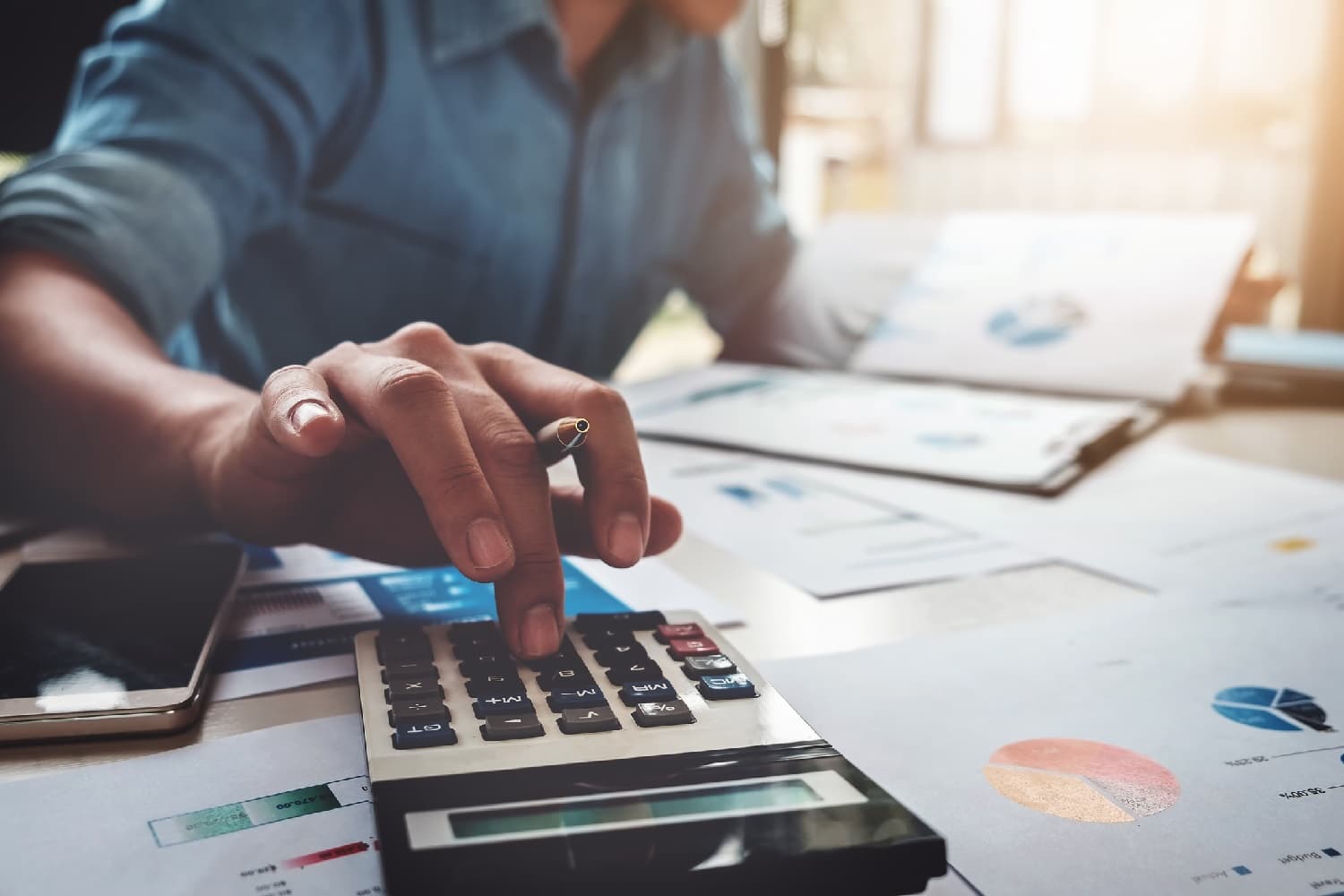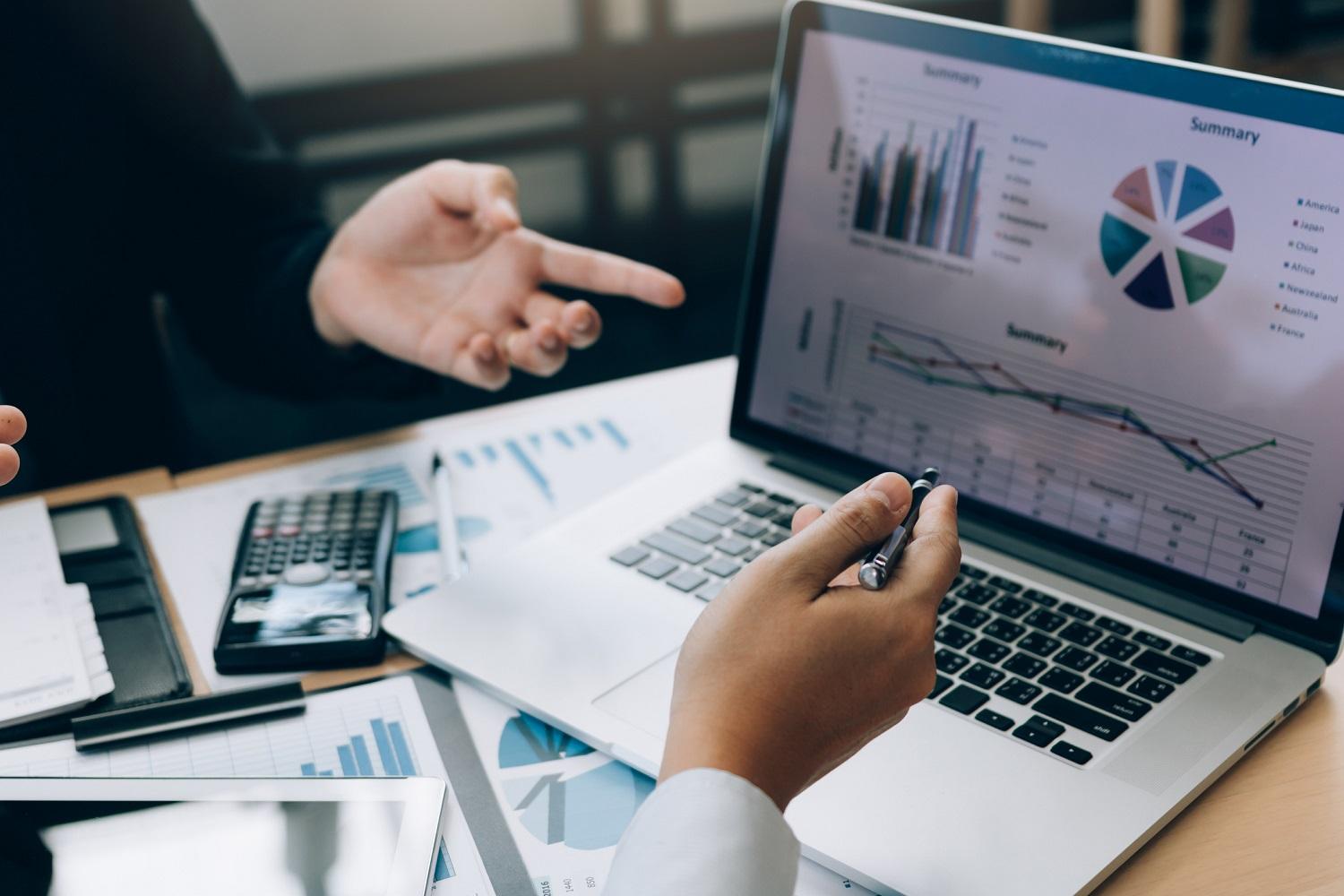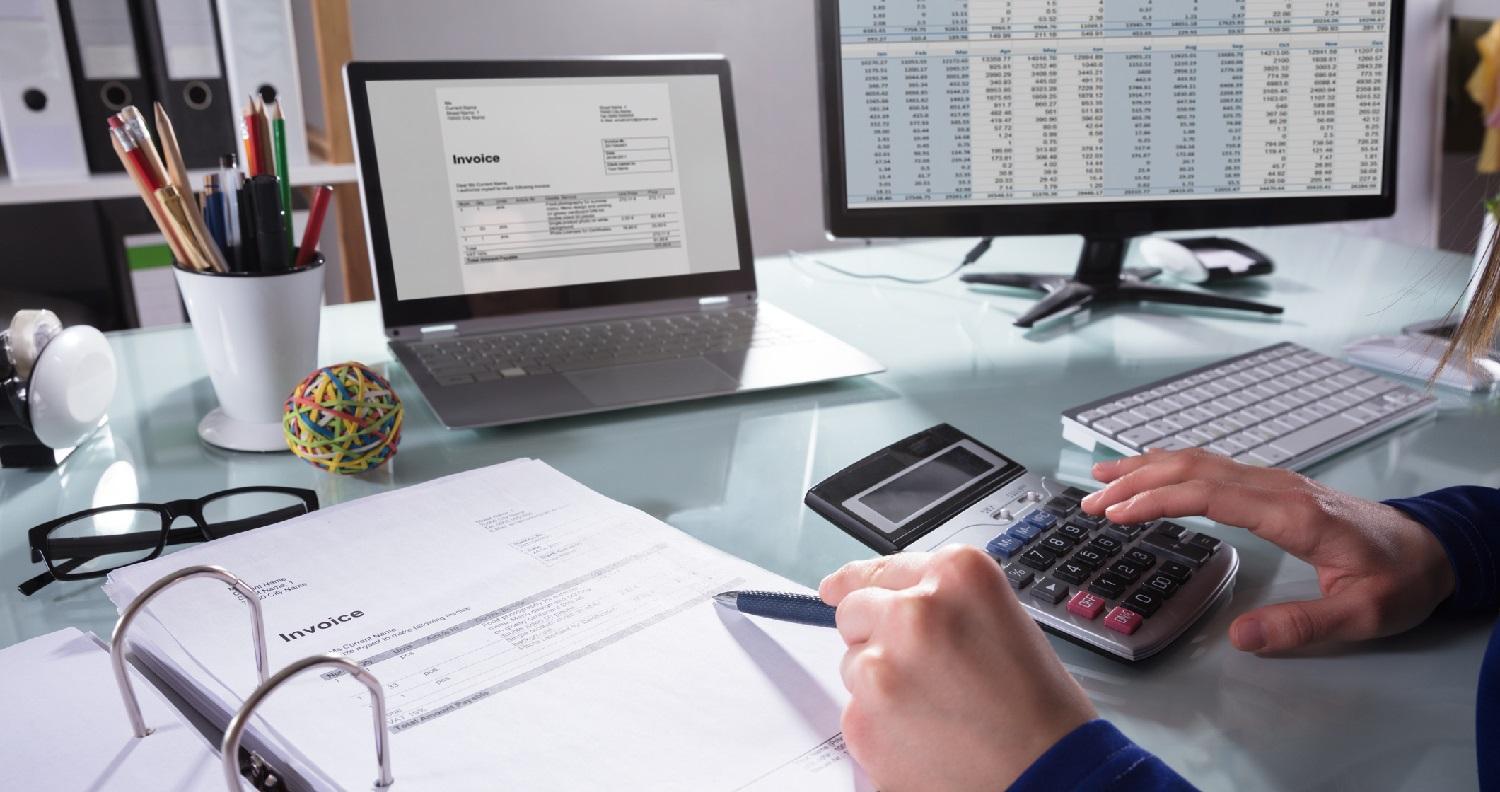MENU
Start
- Best Small Business Loans for 2024
- Businessloans.com Review
- Biz2Credit Review
- SBG Funding Review
- Rapid Finance Review
Our Recommendations
- 26 Great Business Ideas for Entrepreneurs
- Startup Costs: How Much Cash Will You Need?
- How to Get a Bank Loan for Your Small Business
- Articles of Incorporation: What New Business Owners Should Know
- How to Choose the Best Legal Structure for Your Business
Our Guides
- Business Ideas
- Business Plans
- Startup Basics
- Startup Funding
- Franchising
- Success Stories
- Entrepreneurs
Small Business Resources
Grow
- The Best Credit Card Processors of 2024
- Clover Credit Card Processing Review
- Merchant One Review
- Stax Review
Our Recommendations
- How to Conduct a Market Analysis for Your Business
- Local Marketing Strategies for Success
- Tips for Hiring a Marketing Company
- Benefits of CRM Systems
- 10 Employee Recruitment Strategies for Success
Our Guides
- Sales & Marketing
- Finances
- Your Team
- Technology
- Social Media
- Security
Small Business Resources
Lead
- Best Business Phone Systems of 2024
- The Best PEOs of 2024
- RingCentral Review
- Nextiva Review
- Ooma Review
Our Recommendations
- Guide to Developing a Training Program for New Employees
- How Does 401(k) Matching Work for Employers?
- Why You Need to Create a Fantastic Workplace Culture
- 16 Cool Job Perks That Keep Employees Happy
- 7 Project Management Styles
Our Guides
- Leadership
- Women in Business
- Managing
- Strategy
- Personal Growth
Small Business Resources
Find
- Best Accounting Software and Invoice Generators of 2024
- Best Payroll Services for 2024
- Best POS Systems for 2024
- Best CRM Software of 2024
- Best Call Centers and Answering Services for Busineses for 2024
Our Recommendations

Online only.
What’s a Balance Sheet and Why Do I Need One?

Table of Contents
A balance sheet is an essential tool for business owners who must understand their assets, liabilities and owner’s equity and how these balances change from one accounting period to the next. This guide introduces you to the balance sheet and explains its importance to your business.
What is a balance sheet?
A balance sheet lists assets and liabilities and the difference between them (owner’s equity) at a specific time. The balance sheet helps you analyze your business’s financial health and net worth according to book value.
What does a balance sheet include?
A balance sheet includes the following:
- Assets the business owns, including real estate, vehicles, office equipment, accounts receivable (AR) and goodwill
- Short-term and long-term liabilities, such as accounts payable (AP) and loans
- Owner’s equity ― the difference between total assets and total liabilities
Here’s a look at each component.
Assets
There are two types of assets: current assets and noncurrent assets:
- Current assets: Current assets include cash or something easily converted into cash or used up within a year. Current assets include money in business bank accounts, AR, inventory, supplies and prepaid expenses that apply to the following operating cycle.
- Noncurrent assets: Noncurrent assets are not expected to be liquidated within a year. They have a longer lifespan than current assets and include tangible assets like machinery, computers, the building your business operates in and land. Noncurrent assets can also be intangible assets like patents, goodwill and copyrights; these assets are not physical but are essential elements of your business.
Goodwill can be an asset on your balance sheet if you purchased a business for more than its book net worth. When you start a business yourself instead of purchasing it, you do not have a goodwill asset.
Liabilities
Business liabilities are financial obligations a company owes other entities. They are categorized into current and long-term liabilities:
- Current liabilities: Current liabilities include amounts that must be paid within one year, including AP, payroll, income tax liability or the short-term portion of long-term debt.
- Long-term liabilities: Long-term liabilities refer to long-term debts and other financial obligations due after a period of more than one year.
Owner’s equity
The difference between total assets and total liabilities equals owner’s equity (or shareholder’s equity). If the business assets are greater than its liabilities, the owner’s equity is positive. If the liabilities exceed the assets, the owner’s equity is negative.
Your business legal structure defines whether you’ll have owner’s equity or shareholder’s equity. If you have a sole proprietorship, your balance sheet should show owner’s equity. For a corporation, the balance sheet shows shareholder’s equity.
How does a balance sheet tie into other financial statements?
A balance sheet is one of three financial statements. The other statements are as follows:
- Income statement: An income statement shows income, expenses and profit or loss during a specific period.
- Cash flow statement: Cash flow statements show the cash generated and spent during a specific period.
Consider balance sheets for the beginning and end of a financial period as snapshots in time. The income statement shows what happened during that time. The cash flow statement ties the balance sheets and the income statement together by showing how cash moved in and out of the business.
Why do I need a balance sheet?
A balance sheet is a snapshot of your business’s health at a specific time. You need balance sheets for the following reasons.
1. A balance sheet helps you manage your business.
You should compare balance sheets from the beginning and end of a specific period to see how the total amounts change. For example, your balance sheet tells you how your assets compare to your liabilities. If your short-term liabilities (amounts you must pay within the next financial period) are growing in proportion to your short-term assets, such as cash, you may have trouble meeting obligations in the near future.
To manage your company so it survives and reaches its potential, you must understand and analyze your balance sheet, income statement and cash flow statement. If you need help, talk to your small business accountant or consultant.
2. Bankers, creditors and investors require balance sheets.
You’ll need to present financial statements, including balance sheets, to bankers and other outside parties. For example, if you apply for a business loan, the bank will expect to see your financial statements to determine your business’s financial health.
3. You may need a balance sheet on your tax return.
Unless you file taxes as a sole proprietor, you are required to have a balance sheet for tax purposes. This balance sheet may differ from the one you use for accounting purposes, for example, if you use a different accounting method for tax vs. book depreciation.
4. A balance sheet helps you value your business.
If you ever want to sell the business, you should be able to say what the book value of your company is according to the balance sheet.
However, business valuation is complex. Book value does not take into consideration future expectations for a company. For example, a company that is growing and making a profit should be worth more than the book value in a sale. Meanwhile, a business that is struggling or has recently received negative press may sell for less than the net book value, as shown on the balance sheet.
William Brigham, director of the New York State Small Business Development Center in Albany, New York, said a balance sheet is a good reality check when it comes to determining your business’s value. “Everybody thinks their business is worth more than it really is,” Brigham explained.
While the best accounting software can help organize your business’s finances, hiring a certified public accountant to set up your initial balance sheet is an excellent idea to ensure accuracy and compliance.
Balance sheets are key business documents
Balance sheets provide crucial visibility into the financial health of your business. They help you compare revenue and expenses side by side, tracking where your money comes in from and where it goes. Balance sheet insights can enable better decision-making, more accurate financial planning and improved forecasting for your business ― all of which can contribute to your success.
Adam Uzialko contributed to this article. Source interviews were conducted for a previous version of this article.
















